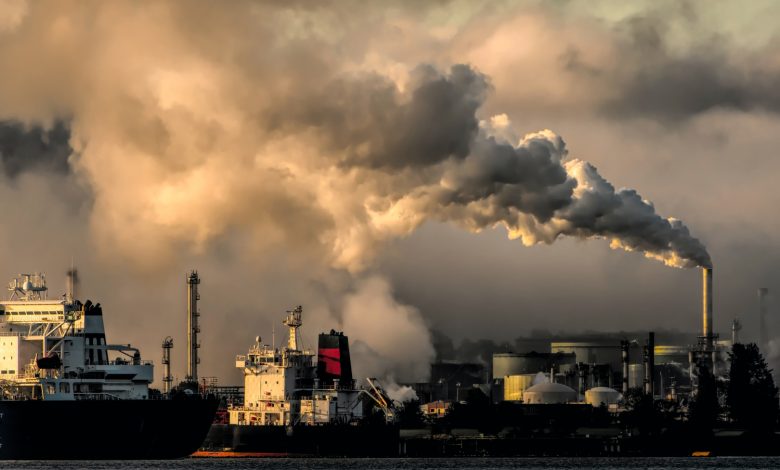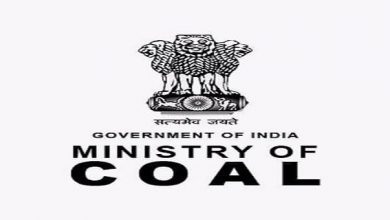Climate Litigation Is Increasingly Impacting Companies For their Environmental Credentials
The calendar year 2021 saw the highest annual number of recorded cases outside the US

Climate litigation is increasingly impacting companies. Companies are being fined for making unfounded claims about their environmental credentials. Climate change litigation has more than doubled globally in the past seven years, according to a report by the London School of Economics.
Greenwashing – in which a company touts its operations as more environmentally sustainable than they are -took the spotlight in 2022. In October, Australia’s corporate watchdog fined Tlou Energy for making “factually incorrect” statements about its environmental credentials. .
In 2021, a landmark case against Shell saw the Big Oil giant ordered to slash CO2 emissions by 45 per cent. This paved the way for further litigation, like the ongoing efforts in the US to bring Shell, BP and Exxon to trial over their climate tactics and greenwashing.
In 2022 a myriad of greenwashing cases was filed against corporations – a trend to watch this year. It is hoped the oil companies could be forced to help pay for climate adaptation measures like sea walls and energy efficiency upgrades. But they argue they can’t be held responsible for a global phenomenon such as climate change and that policy change should come from governments not courtrooms.
Companies that make and market plastics, which are derived from fossil fuels, have been defending against a growing set of cases worldwide focused on the waste from the ubiquitous packaging material. According to UN Plastic pollution is a planetary crisis on par with climate change and biodiversity loss.
In July, a US federal judge in California granted preliminary approval for a $10 million (€9.5m) settlement after single-serve coffee company Keurig was sued by consumers who accused it of inaccurately marketing its K-Cups as recyclable even though they are not in many localities. Keurig has denied wrongdoing and liability.
Another suit was filed in California state court in 2020 by the US environmental group Earth Island Institute against Coca-Cola, Pepsi, Nestlé and several other global consumer goods companies. It seeks to hold those companies accountable for their alleged contributions to plastic pollution. The suit raises public nuisance, breach of warranty and negligence claims.
The companies have denied the allegations in the lawsuits but have made public promises to work to avoid plastic pollution. In January, Coca-Cola, Pepsi and other international brands called for a global pact to combat plastic pollution, including by cutting plastic production.
The United Nations approved a landmark agreement to create the world’s first ever global plastic pollution treaty 175 countries including India endorsed a historic resolution to form a International legally binding agreement in 2024. The global plastic. Treaty once approved in 2024 will join the league of Montreal Protocol.
While the overwhelming majority of cases of climate litigation identified are from the Global North, the number of climate litigation cases in the Global South has continued to grow. There are now at least 88 cases in the Global South1 : 47 in Latin America and the Caribbean, 28 in Asia Pacific, and 13 cases in Africa.
The databases contained 2,002 ongoing or concluded cases of climate change litigation from around the world, as of May 2022. Of these, 1,426 were filed before courts in the United States, while the remaining 576 were filed before courts in 43 other countries and 15 international or regional courts and tribunals (including the courts of the European Union). The calendar year 2021 saw the highest annual number of recorded cases outside the US. Cases were identified for the first time in Italy, Denmark and Papua New Guinea.
The writer of this article is Dr. Seema Javed, a known Environmentalist, Journalist and Communications Expert




